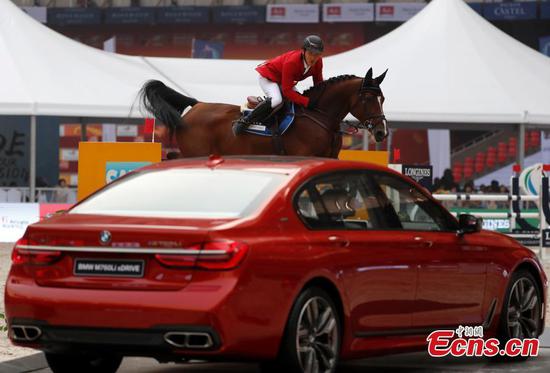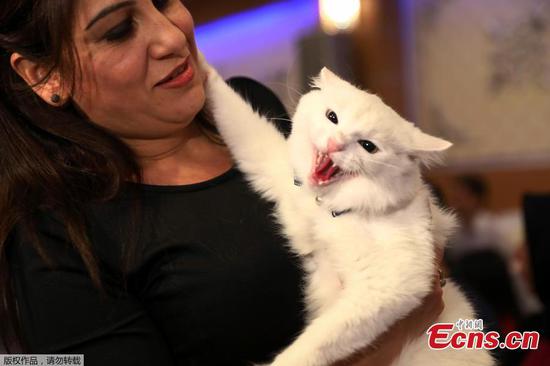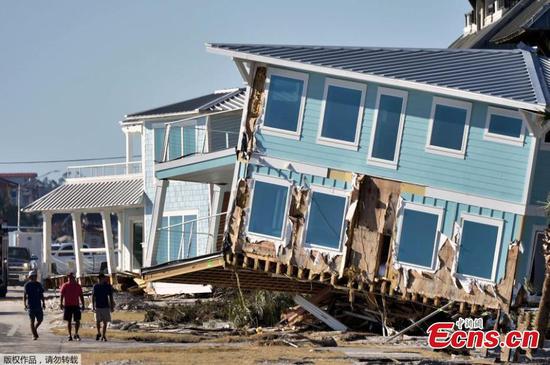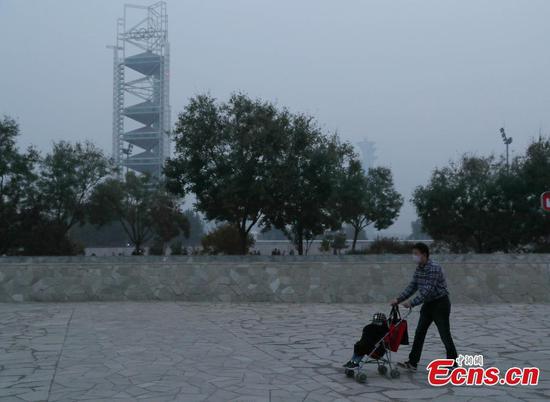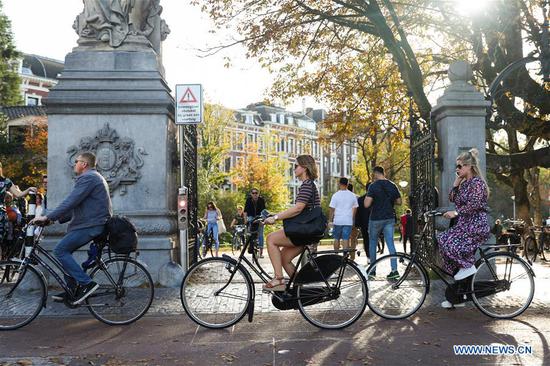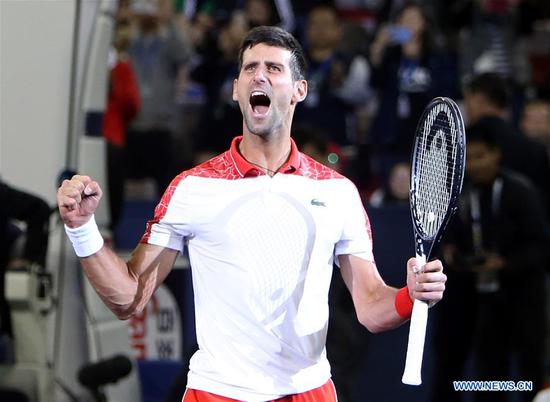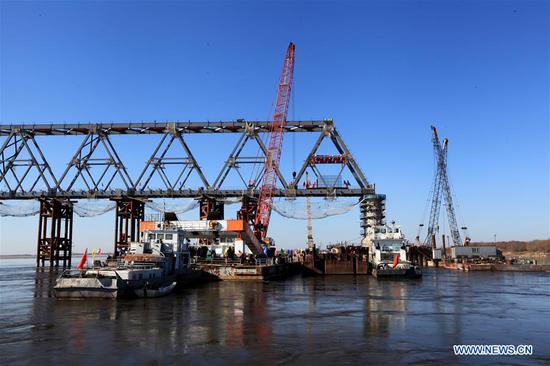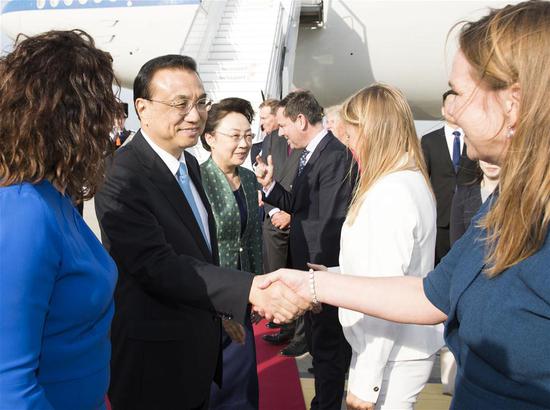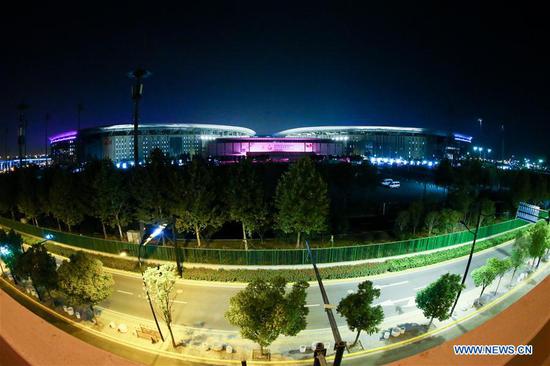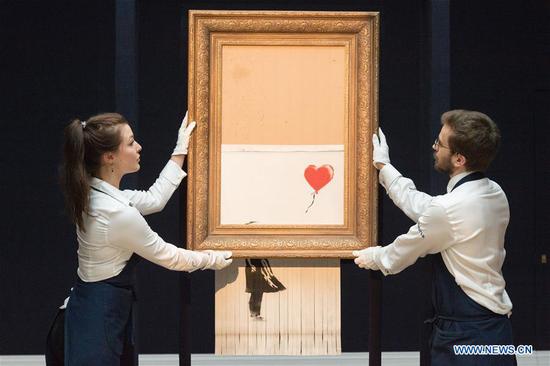Negotiations between the UK and the European Union have reached gridlock ahead of a key summit of European leaders that is intended to mark progress on a Brexit agreement.
Britain's chief negotiator, Dominc Raab, made an unexpected visit to Brussels on Sunday for a meeting with his EU counterpart Michel Barnier, after which talks appeared to reach a stalemate.
With less than six months before Britain leaves the EU, both sides are stepping up efforts to try to secure agreement on a draft withdrawal deal, setting out the terms of the divorce, a transition period and a solution to a new land border.
Reuters reported that negotiators from both sides failed to bridge the gap in intense weekend talks before the high-stakes EU summit on Wednesday and Thursday.
Britain's Foreign Minister Jeremy Hunt said on Monday that a Brexit deal with the European Union was possible with goodwill, but that there were issues still outstanding.
"I think everyone in the UK should have confidence that this prime minister, Theresa May, will never sign a deal that is not compatible with the letter and spirit of the referendum result," Hunt told reporters on arriving for EU foreign ministers talks in Luxembourg on Monday.
"But we also firmly believe that we can find a deal on that basis that works for the European Union and our partners and friends in Europe."
Hunt is scheduled to use a foreign affairs council meeting on Monday to tell the EU that maintaining close security cooperation was essential.
"This is a crucial week both for the UK and our European partners. The importance of achieving a Brexit deal that respects the autonomy of the EU and the sovereignty of the UK cannot be overstated," Hunt said in a statement.
"And delivering this is vital for our security too because economic relations sit at the heart of all our partnerships including the vital security alliances we have with our friends in Europe."
Leaving the EU will be Britain's biggest shift in trade and foreign policy in more than 40 years, but the talks have faltered over the so-called backstop arrangement to prevent the return of a hard border between the British province of Northern Ireland and EU-member Ireland.
Northern Ireland's Democratic Unionist Party, which British Prime Minister Theresa May's government depends on for support, believes a no-deal Brexit is "probably inevitable", the party's Brexit spokesman was quoted as saying on Monday.
"Given the way in which the EU has behaved and the corner they've put Theresa May into, there's no deal which I can see at present which will command a majority in the House of Commons," Sammy Wilson told the Belfast News Letter. "So it is probably inevitable that we will end up with a no-deal scenario."
A no-deal Brexit means the UK and the EU would be unable to reach a withdrawal agreement. If no agreement can be made, it means there would be no 21-month transition period, which May is currently proposing.
If that was the case, consumers, businesses and public bodies would have to respond immediately to changes as result of leaving the EU, and on March 29 next year, the UK would leave the EU and everything associated with that would come to an end.
But in reality neither the UK nor the EU would favor a no-deal because it signals a poor political relationship. One of the key issues with a no-deal scenario is the uncertainty it would lead to for life and work in Britain.











